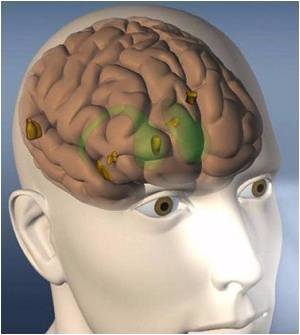
In this study, the researchers became interested in a gene called TBC1D20, which is known to cause blindness and sterility in mice, because of that similar phenotype. The research team evaluated a cohort of more than 70 families with Warburg Micro syndrome, and found five distinct loss-of-function mutations in TBC1D20, thus establishing those mutations as a cause of the disease.
"These findings have implications not only for families affected with Warburg Micro syndrome, but also provide novel information about the genes and molecular pathways essential for human development that is relevant for more common developmental disorders such as epilepsy and autism," said Dr. Sidjanin.
The four genes do not comprise the full causative picture for Warburg Micro syndrome; in about half of the cases, the causing mutation was in none of those genes, which means there are additional novel genes contributing to the disease.
The researchers plan to continue to search for additional genes, and will also model the disease in tissue cultures with a hope of understanding the underlying molecular and cellular events in which TBC1D20 is involved.
Source-Eurekalert










